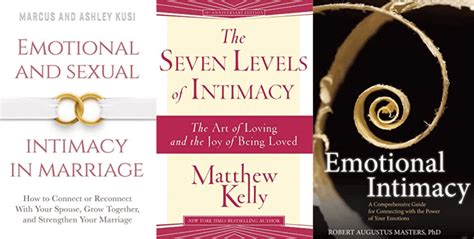Many men navigate a complex internal landscape where their deeply ingrained understanding of ‘strength’ often clashes with a profound, yet sometimes unspoken, yearning for emotional intimacy. This conflict isn’t just a societal construct; it’s a deeply personal struggle that can impact relationships, mental well-being, and overall life satisfaction.

The Traditional Paradigm of Male Strength
Historically, and in many contemporary contexts, male strength has been associated with stoicism, self-sufficiency, unwavering resilience in the face of adversity, and the suppression of ‘softer’ emotions like sadness or fear. Men are often taught, implicitly or explicitly, that showing vulnerability is a sign of weakness, and that emotional expression beyond anger or confidence is unmanly. This paradigm emphasizes problem-solving over emotional processing, and independence over interdependence.
This definition of strength creates a powerful internal blueprint for behavior. A man might feel compelled to “be strong” by never complaining, always having an answer, enduring pain silently, and appearing emotionally invulnerable. While these traits can be advantageous in certain situations, they become significant roadblocks when pursuing genuine emotional connection.

The Inherent Conflict with Emotional Intimacy
Emotional intimacy, by its very nature, demands the opposite of this traditional strength. It requires vulnerability, the willingness to share one’s deepest fears, hopes, insecurities, and dreams. It necessitates open communication, active listening, and a readiness to be seen and accepted, flaws and all. When a man’s internal definition of strength dictates that he must be impervious and self-contained, the act of opening up becomes a terrifying surrender of what he perceives as his core identity.
The fear of being perceived as weak or inadequate if he expresses vulnerability can be paralyzing. He might worry that his partner will lose respect for him, or that his emotional disclosures will be used against him. This internal monologue often leads to emotional withdrawal, deflection, or the intellectualization of feelings, rather than their authentic expression. The desire for connection is there, but the perceived cost—sacrificing his ‘strength’—feels too high.

Manifestations of the Conflict
This conflict can manifest in various ways: a man might avoid difficult conversations, struggle to articulate his feelings beyond superficial complaints, or push away comfort when offered. He might equate asking for help with admitting defeat, even in emotional matters. His partner may interpret this as disinterest or coldness, when in fact, he is battling an internal war between his desire to connect and his deeply ingrained protective mechanisms.
Over time, this emotional distance can erode trust and create a chasm in relationships. The very ‘strength’ he employs to protect himself inadvertently becomes the barrier to the profound connection he secretly craves. It’s a tragic irony where the pursuit of one ideal (strength) undermines the realization of another (intimacy).

Redefining Strength for Deeper Connections
True strength, in the context of emotional intimacy, often lies in the courage to be vulnerable. It’s the strength to admit when you’re struggling, to ask for support, to share your authentic self, and to allow another person into your inner world. This redefinition doesn’t negate resilience or self-reliance; rather, it broadens the scope of what it means to be a strong man. It acknowledges that interdependence and emotional honesty are not weaknesses, but powerful foundations for genuine connection and personal growth.
Bridging this gap requires conscious effort: learning emotional literacy, practicing mindful communication, and challenging ingrained beliefs about masculinity. It involves understanding that being vulnerable doesn’t make one fragile, but rather allows for a deeper, more resilient bond to form.

Conclusion
The conflict between a man’s definition of strength and his desire for emotional intimacy is real and often painful. However, by courageously examining and redefining what strength truly means—embracing vulnerability as a cornerstone of connection—men can unlock the profound emotional bonds they inherently desire, leading to more fulfilling relationships and a richer, more integrated sense of self. It’s not about abandoning strength, but evolving its definition to encompass the full spectrum of human experience.




